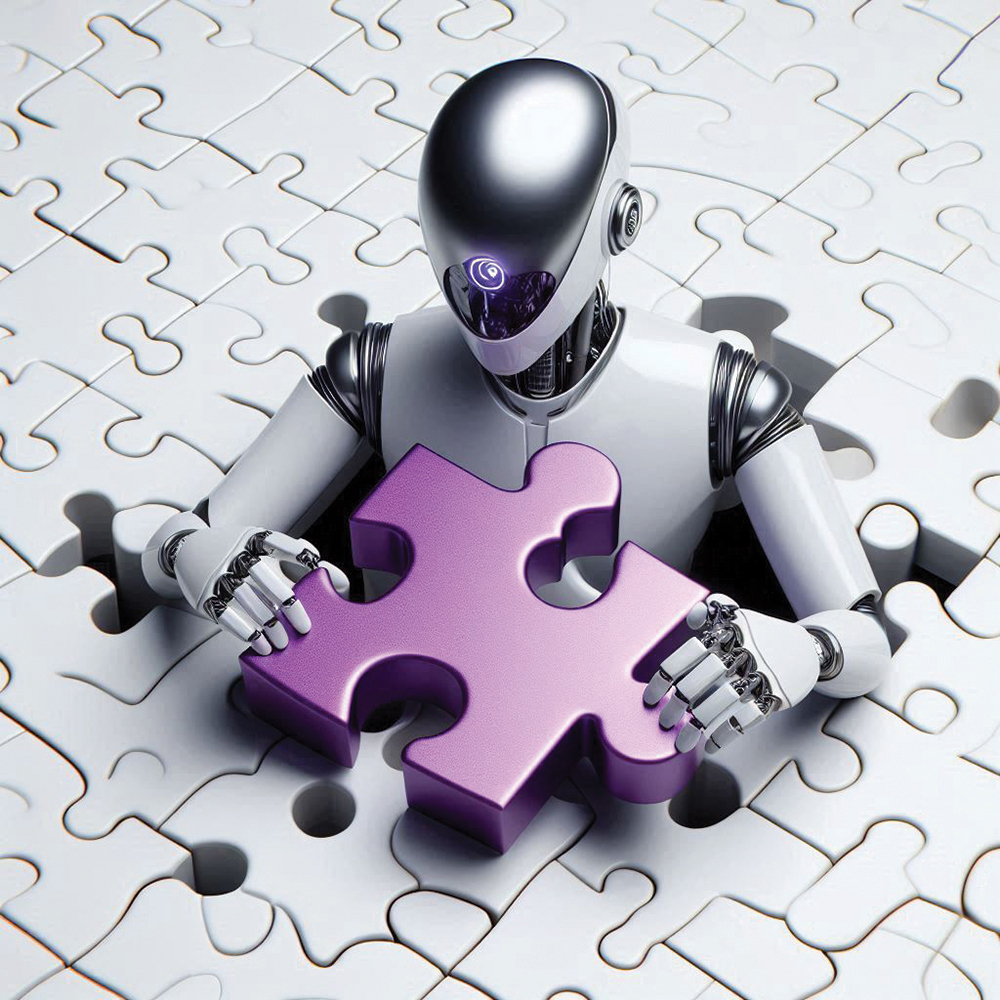
- Technological unemployment is how we become better off
I frequently fly from New Orleans, Louisiana, to Vancouver, British Columbia, and then back again. There is no direct airplane route between these two cities. Often, the best route is via a connection through the Dallas Fort Worth Airport. This facility has become almost a second home for me. It alone constitutes almost a veritable gigantic city. Like every major metropolitan entity, it has a train system. This one is called the Skylink. It runs twenty-four hours per day seven days per week and arrives at each terminal station every two minutes. You can even time this on the handy clock located therein. These two-car little trains are very much needed because to get from one terminal to another takes a matter not of yards, nor even several distances of a football field, but, rather, literally miles.
Interestingly, all of those rail vehicles are fully automatic. None of them have any human conductors at all. They are very safe, efficient, and reliable. Announcements are clear as to which terminal is approaching, along with those warning people that the Skylink is about to move, so clear the doors, and, also, upon arrival, to allow people to depart from the train before others embark upon it.
Imagine, though, if this light rail system had human beings operating it. This would create hundreds of jobs, maybe even thousands. Should we then get rid of this automatic machinery and hire workers to pilot these conveyances?
This is economic illiteracy on steroids. A far better way to look at this matter would be that these machines free up labour. They enable numerous skilled workers to turn their energies to the production of other goods and services. These would have been impossible to provide if these people were stuck ferrying air travellers around the Dallas airport. In this way, we can have our cake and eat it too; we lose not one whit of transportation from terminal to terminal, and we can also have all these other goods and services. It is a win-win situation.
98% of our labour force worked on farms. That statistic is now down to about 3%. The economically illiterate way of looking at this alteration is to bemoan all those lost jobs in agriculture. A more rational one is to appreciate all the goodies made possible by this shift in employment.
At one time, there were a massive number of labourers operating not horizontal trains but vertical ones: elevators. When one stepped into one of them (this was way before the experiences of many readers of this column; take my word for it), there was a guy standing there, or, perhaps, sitting on an especially made seat built for him. He wasn’t some sort of pervert, just waiting around in the elevator ready to hassle people. He was the elevator operator. He would ask you what floor you wanted, and off you went together. When you got there, he would say “Step up,” or “Step down,” or “Waitasec, I can do better than that,” whereupon he would try to get this conveyance closer to the desired floor (in those bygone days, elevators were not as accurate in this regard as they are nowadays). Tens of thousands of people were so employed. Thanks to ongoing technical progress, however, they were freed up to engage in other occupations, with no loss whatsoever to our vertical travels.
As everyone who has been a passenger on an airplane in the last few decades know, there are veritable swarms of Transportation Security Administration (TSA) employees thick as thieves to be found at airports. They busily check our luggage, pat us down, confiscate our toothpaste, seize our nail clippers as dangerous implements (yes, they once did this to me), and will not allow us to bring a full water bottle (we have to first empty them and then fill them up again once we pass security). We owe their existence to terrorists who like to blow up planes. Without these terrorists threatening to dynamite our aircraft, there would be no need for these TSA officials. Before the terrorists began their deadly depredations, people walked straight onto airplanes with no intermediation by anyone.
Should we thank the terrorists, if only at least for reducing our unemployment rate? Not a bit of it. Were there no such thing as a terrorist (oh, happy day), if no one ever even thought of (goodness gracious) bombing an airplane, these TSA workers would hardly be needed. They would have been able to produce all sorts of goodies the identity of which we cannot be sure. We can only know for certain that we would be far richer than we are now, at present.
To put this in even greater perspective, at one time in our history, 98% of our labour force worked on farms. That statistic is now down to about 3%. The economically illiterate way of looking at this alteration is to bemoan all those lost jobs in agriculture. A more rational one is to appreciate all the goodies made possible by this shift in employment.
Our economy is replete with yet other examples. Included would be telephone operators, ex-employees of Kodak, those who once manufactured typewriters along with attendant carbon paper and Wite-Out, those who used to work in the horse and buggy industry, etc.
Should we get rid of this automatic machinery and hire workers to pilot these conveyances? This is economic illiteracy on steroids. A far better way to look at this matter would be that these machines free up labour.
The latest concern along these lines is that Artificial Intelligence will soon unemploy us all. The misnamed Center for American Progress, a left-wing group, publicly worries about just this phenomenon we have been discussing. In their view: “The Biden administration and Congress must adopt a worker-centered approach in its response to the development and use of artificial intelligence.” No, no, no, a thousand times no. To the extent that AI substitutes for human labour, we will be more prosperous, not less so. Such groups “centering” on workers should be applauding these new initiatives.
The International Labour Organisation, an agency of the United Nations of the same philosophical persuasion, is engaged in “minimising the negative effects of AI-induced technological unemployment.” The main effects of this breakthrough will be to enrich us all and reduce poverty. What, me worry?
Not to be outdone by all this caviling, Keynes maintained that “a new disease … (called) technological unemployment … (is) outrunning the pace at which we can find new uses for labour.” All I can say to that bit of economic nonsense is hardy har har.






